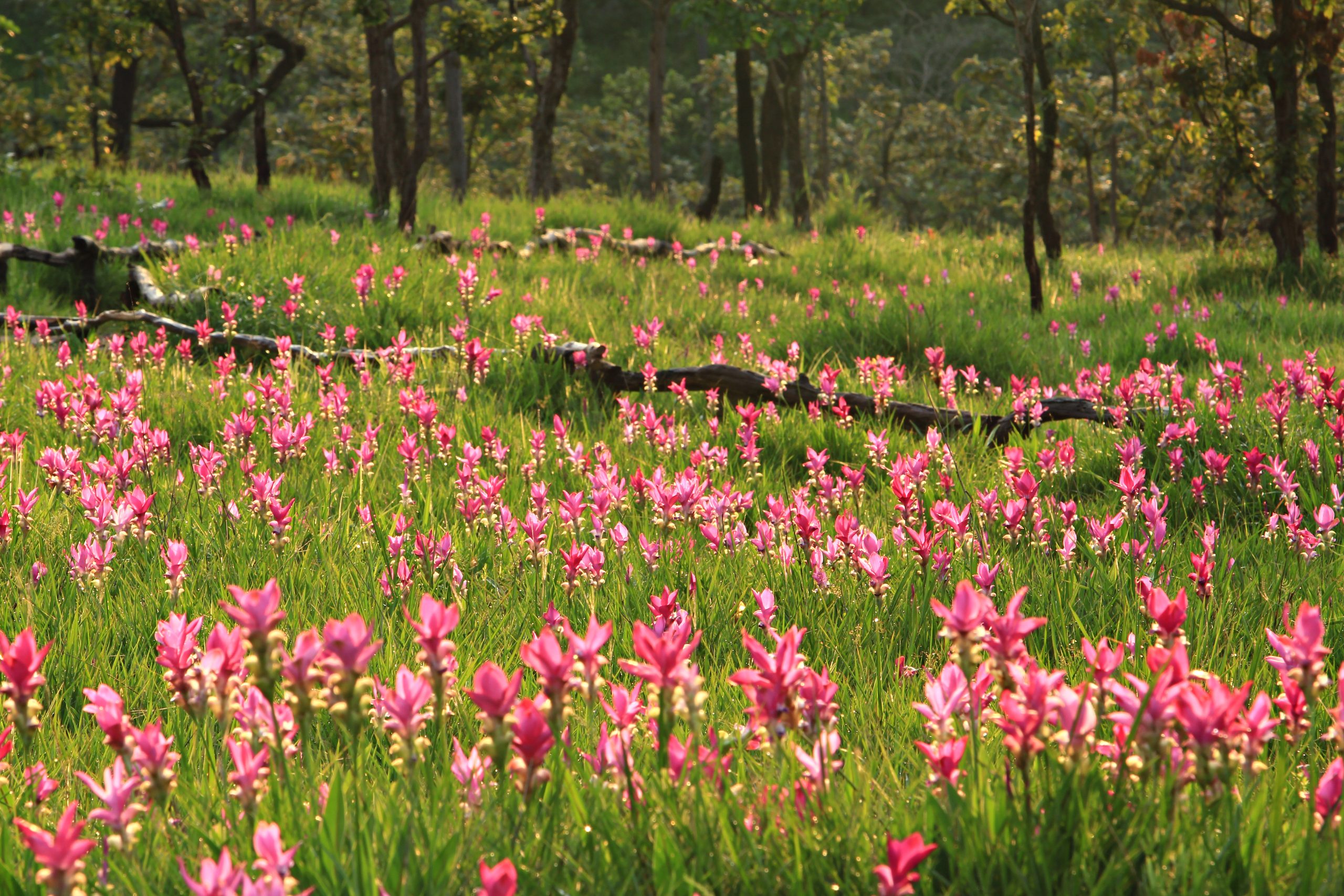
The Tourism Authority of Thailand (TAT) is spearheading a transformative approach to tourism, with a focus on sustainability, innovation and digital transformation. This initiative, showcased at ITB Berlin 2025, underscores Thailand’s commitment to becoming a global leader in responsible tourism.
In collaboration with the Ministry of Higher Education, Science, Research and Innovation (MHESI) and the Thailand Science, Research and Innovation Promotion Fund (TSRI), TAT is advancing Carbon Neutral and Net Zero Tourism across all 77 provinces, focusing on major cities and key destinations. This comprehensive strategy involves multi-level engagement:
- Nation to Nation (N2N): Facilitated through the Ministry of Foreign Affairs to promote international cooperation;
- Organisation to Organisation (O2O): Strengthening institutional partnerships to enhance sustainable practices; and
- Organisation to Business (O2B): Connecting tourism operators with sustainable solutions to foster eco-friendly travel experiences.
These efforts are bolstered by research collaborations involving the Thai Ecotourism and Adventure Travel Association (TEATA), 20 universities and 200 experts, positioning Thailand as a leading hub for sustainable tourism in Asia.
At ITB Berlin 2025, the ‘Thailand TOGETHER Net Zero: Advancing Carbon Neutral Tourism’ panel featured esteemed experts discussing practical strategies for achieving net-zero tourism. The discourse emphasised eco-friendly technologies, zero-waste travel and carbon offset solutions, highlighting the importance of community engagement and cross-sector collaboration.
Integrating Thailand’s soft power into sustainable tourism development is a key focus for TAT. By incorporating elements such as Thai gastronomy, local spirits, performing arts, music, fashion, textiles, Muay Thai and cultural festivals, TAT aims to create market-ready experiences that enhance economic value while preserving cultural heritage. Meanwhile, initiatives like Gastronomy Tourism and Tourism for All are designed to promote inclusive and accessible travel experiences.
Expanding rail tourism is another strategic move to encourage low-carbon travel, linking key cultural and natural heritage sites across the country. Routes connecting regions such as Chiang Mai, Lamphun, Lampang, Phrae, Uttaradit and Phitsanulok offer travellers sustainable alternatives to air travel, while also fostering deeper connections with local communities and environments.
Thailand’s dedication to sustainable tourism has been internationally recognised, with Nan Old Town receiving the Green Destinations Gold Award—the first gold recognition for Thailand in ASEAN—and Chiang Khan in Loei Province placing second in the Green Destinations Top 100 Story Awards in recognition of its innovative, community-driven tourism model.
Following ITB Berlin 2025, TAT and TSRI plan to expand their Nation to Nation strategy in collaboration with Thai embassies worldwide, integrating tourism research and innovations into the MICE (Meetings, Incentives, Conferences, and Exhibitions) sector. This approach aims to develop eco-friendly MICE and sports tourism infrastructure, aligning with Thailand’s Net Zero Tourism goals.
Through these concerted efforts, Thailand is setting a global benchmark for responsible tourism growth under the vision of “Amazing Thailand Grand Tourism & Sports Year 2025” and the Sustainable Thailand Soft Power initiative.




